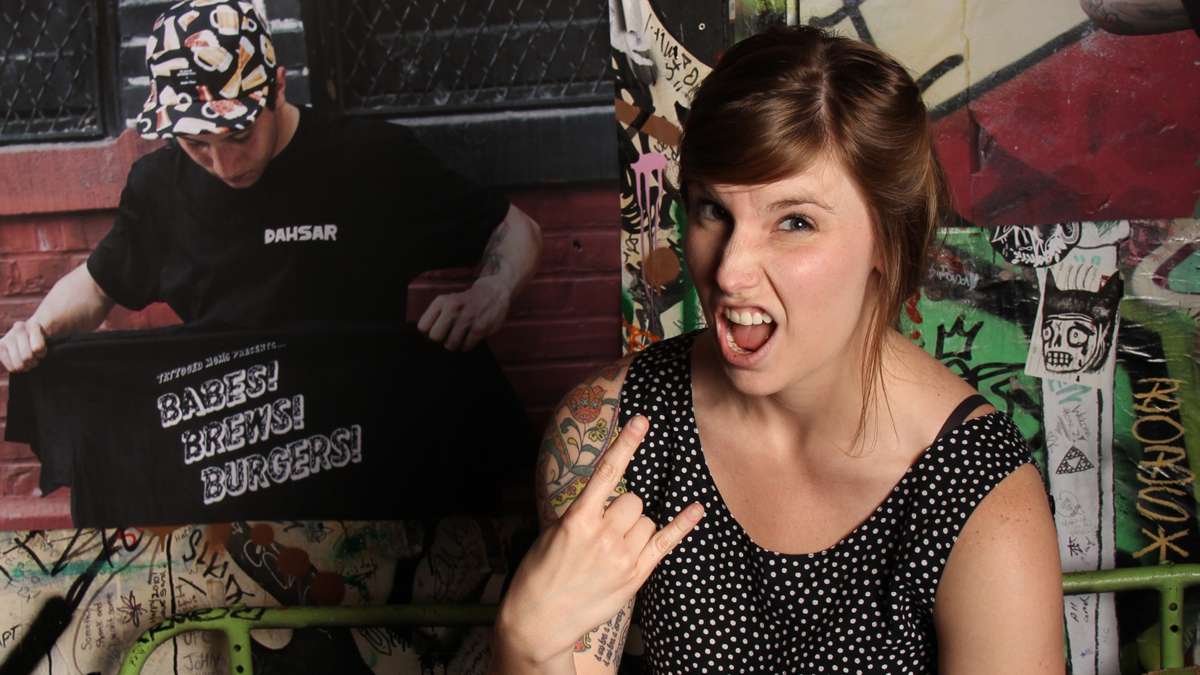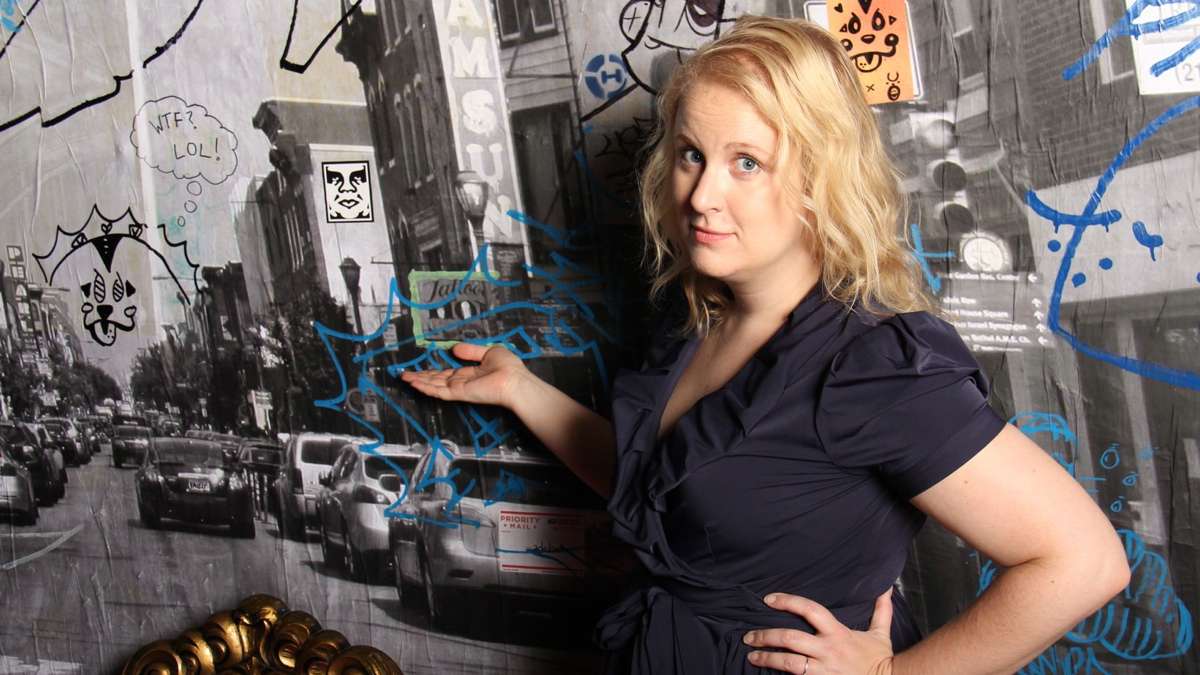More bacteria in food in poor Philly neighborhoods
Food testing in Philadelphia has shown that pre-made salads, herbs and fruit from markets in poor or Asian neighborhoods are more likely to be contaminated with bacteria than those in prosperous or mostly white neighborhoods.
Drexel food microbiologist Jennifer Quinlan conducted tests at more than 300 markets from 2008 to 2010. She said the fecal coliform she found will not necessarily make customers sick, but it does indicate the food was likely mishandled.
“Your greatest risk here is loss of money, is that you’re spending money on food that’s not going to last as long or you might not be able to use all of it before it spoils,” Quinlan said.
In her test, Quinlan also found that total bacteria levels in milk were four times higher in poor neighborhoods than rich ones.
Quinlan said the problem likely has to do with inadequate refrigeration in small corner stores.
Previous research shows the owners of small shops buy food at bigger stores and transport it in cars, rather than getting deliveries in refrigerated trucks.
During her research, Quinlan also saw milk awaiting refrigeration while a sole employee was too busy to stock it.
She argues the data raise questions about the push for more access to fresh fruits and vegetables in food deserts.
“Maybe we need to educate consumers on healthy canned, frozen, dried options,” Quinlan said. “To me, that’s an important part of it, to start the conversation that maybe fresh is not always best, depending upon your circumstances.”
Tests showed no significant difference in the presence of the infection-causing bacteria listeria.
WHYY is your source for fact-based, in-depth journalism and information. As a nonprofit organization, we rely on financial support from readers like you. Please give today.








